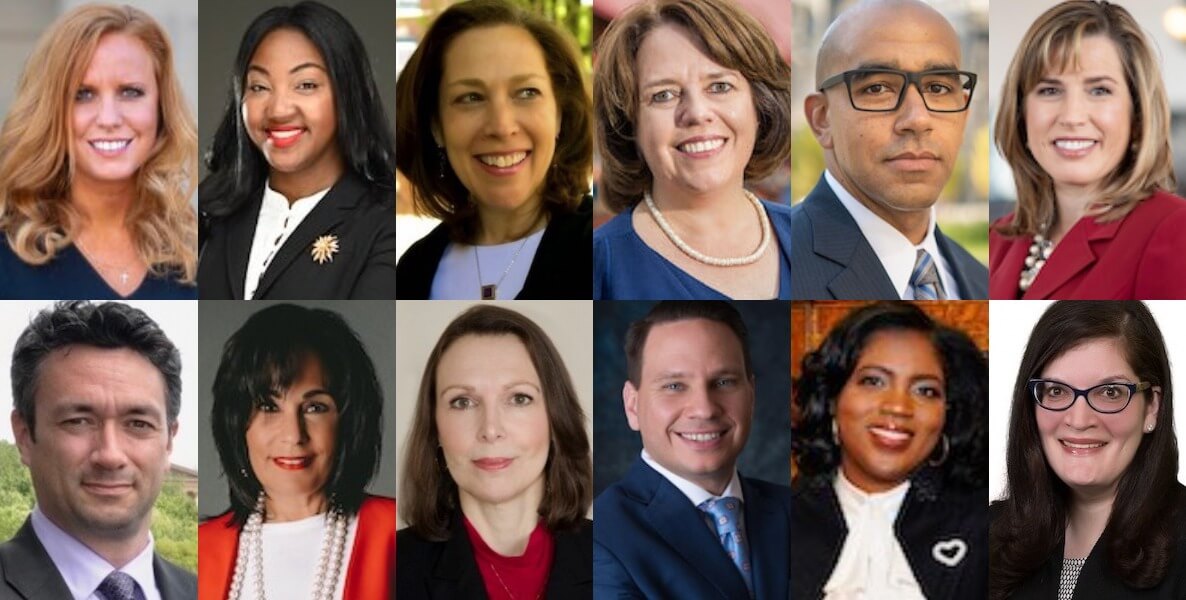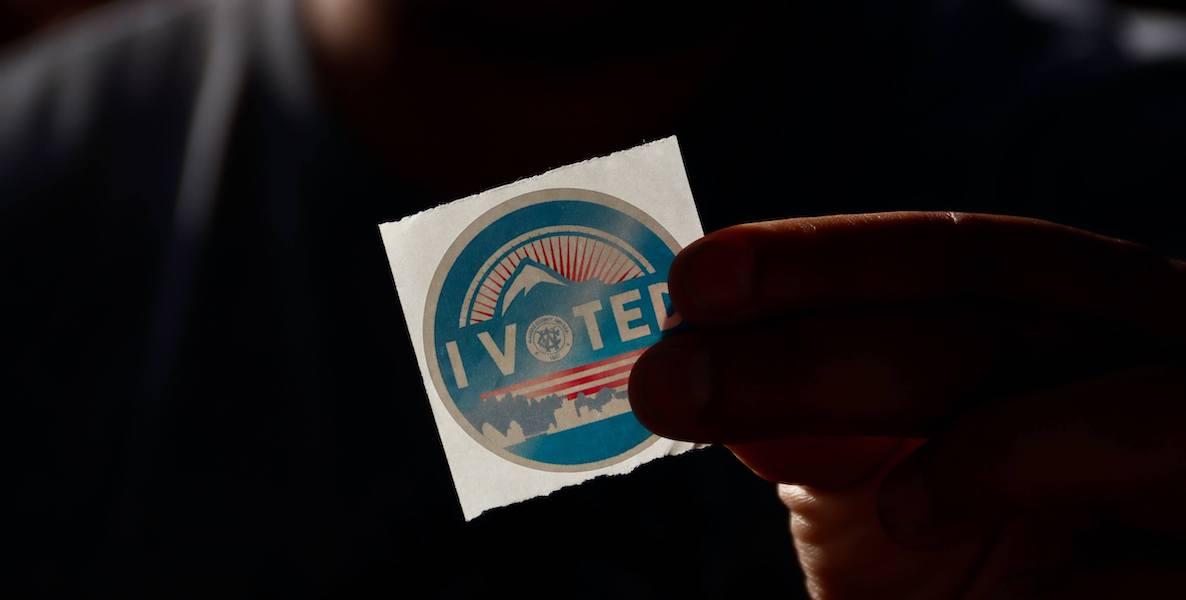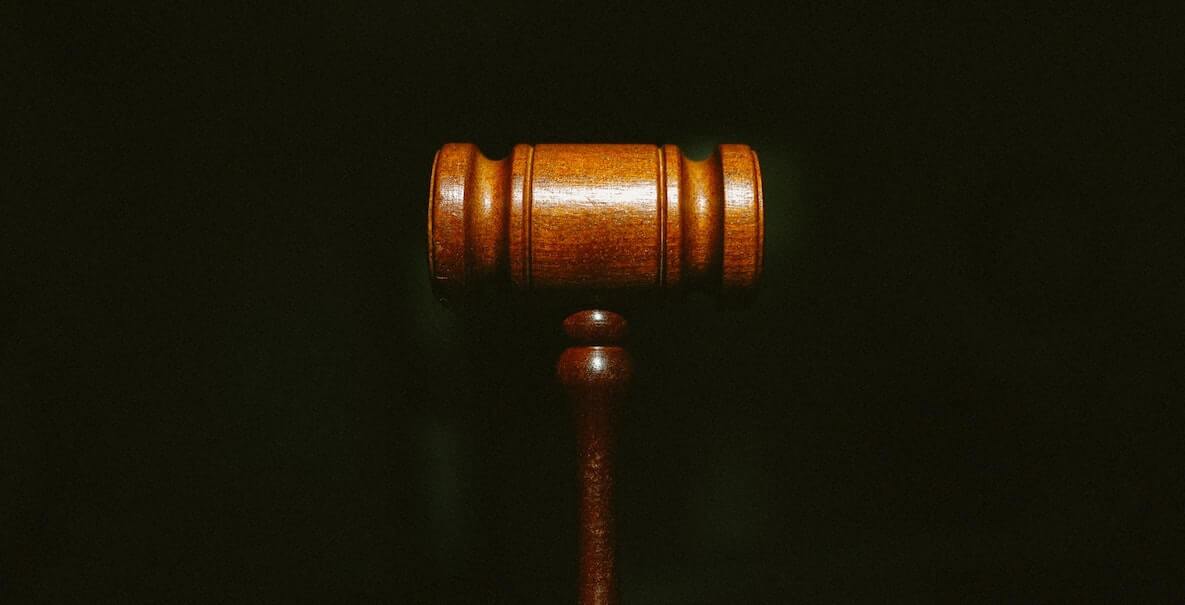So why is it again that we choose our judges here in Pennsylvania through elections? To give the people a direct say in who fills these important positions? To provide for direct accountability to the public? To take the selection process out of the back rooms and away from political leaders?
Hah! Not in Philadelphia!
If there really is anyone left who genuinely believes that electing judges is good for democracy, the so-called “election” for Common Pleas judges in Philadelphia this year should put an end to that bad joke. There are 12 vacancies on the court this year, and exactly 12 names on the ballot from which to choose. Vladimir Putin had more opponents in his most recent “re-election” than do these judicial “candidates.” Yet these “candidates” are effectively guaranteed 10-year terms on the bench, just for getting their names onto the ballot.
PHILADELPHIA VOTERS’ RESOURCES
Okay, I hear the defenders of the system cry, but everyone knows that Philadelphia is a one-party town, and the real action is in the Democratic primary. But that response is inaccurate, as a factual matter and as a practical matter.
The facts are critical here. Only eight of these 12 “candidates” had to win a contested primary. The other four are the beneficiaries of “magic seats”—vacancies that magically appeared after the filing date for the primary. The reason for these sudden vacancies is open to speculation; the consequences of this phenomenon, however, are very apparent—the “candidates” for these four magic seats are selected by the ward leaders of the Democratic City Committee, behind closed doors, without any public scrutiny, let alone public choice.
Vladimir Putin had more opponents in his most recent “re-election” than do these judicial “candidates.” Yet these “candidates” are effectively guaranteed 10-year terms on the bench, just for getting their names onto the ballot.
But maybe the party bosses understand what the voters want, and understand what makes a good judge? Not likely. One of the four “candidates” selected by the Democratic Committee actually lost to eight other candidates in the May primary. The other three, who didn’t even bother to run in the primary, also didn’t bother to submit their names for evaluation by the Philadelphia Bar Association. Here, too, one can only guess as to the reasons why. Yet, for most thoughtful voters in the city, the Bar Association is the only objective source for evaluation of a candidate’s qualifications to be a judge.
Moreover, as a practical matter, who are we kidding when we suggest that a judicial primary reflects the will of the voters? Fewer than six percent of Philadelphia adults voted for the candidate who eked out the eighth and final spot in the Democratic primary this year. If you’re reading this, you’re probably one of the few who voted for anyone in that primary. Raise your hand if you remember the names of any of the candidates? Raise your other hand if you remember anything about their qualifications? I don’t see too many hands.
RELATED: Breaking down the Court of Common Pleas elections in Philadelphia
Finally, why is there not even the appearance of a contest for the 12 open seats in November? Because, for at least the past decade, the Republican Party (if it even still exists in Philadelphia) apparently has chosen not to contest judicial elections here.
Electing judges presents all kinds of well-documented problems, even when there are genuine elections. The ugly influence of political contributions. The unseemly effects of trolling for political endorsements. The reality that, for most voters, the choice might as well come down to a flip of the coin. But merely presenting the facade of an election, without any actual electoral choice, means that, when you flip that coin, the rules are “heads I win, tails you lose.” And, make no mistake about it—it’s the public that loses.
There are many fine ideas about how best to pick judges. There are no good arguments to support the current system.
Richie Feder is an adjunct faculty member at Temple and Penn Law Schools, has a private municipal/public interest law practice, and is the former Chief of Appeals and Legislation at the City Law Department.
The Citizen welcomes guest commentary from community members who stipulate to the best of their ability that it is fact-based and non-defamatory
![]()
MORE ON THE 2021 ELECTION IN PHILADELPHIA
Guest Commentary: Unions Are On the Ballot This Election Season
Header photo by Tingey Injury Law Firm on Unsplash





